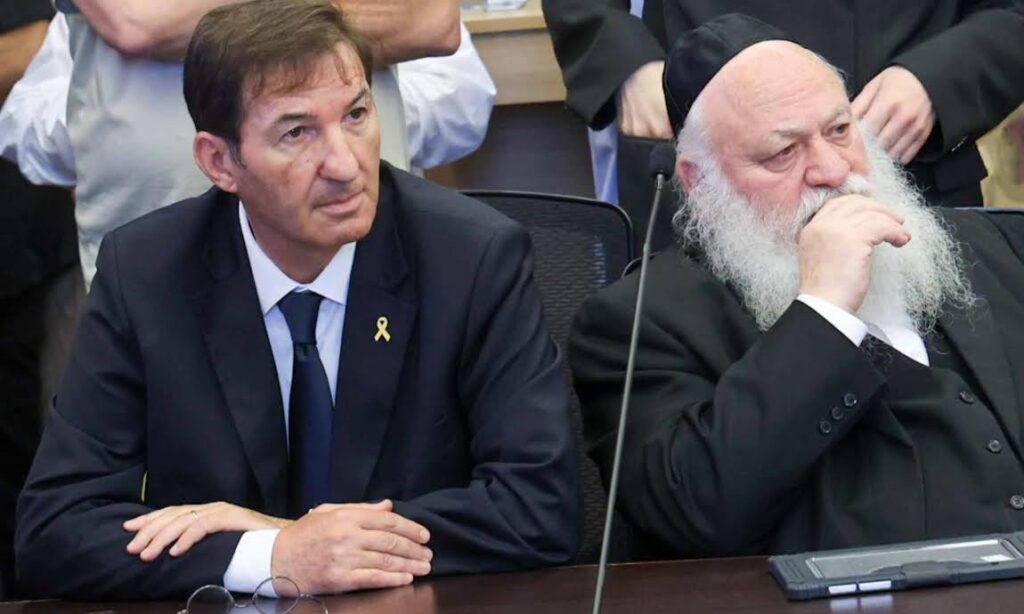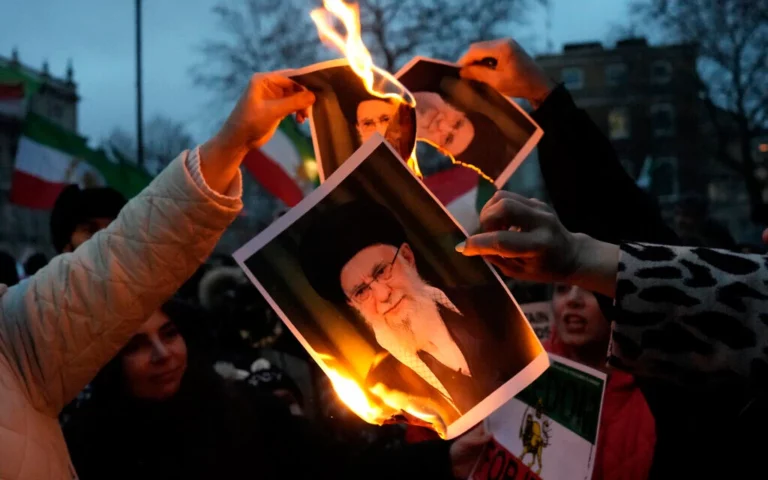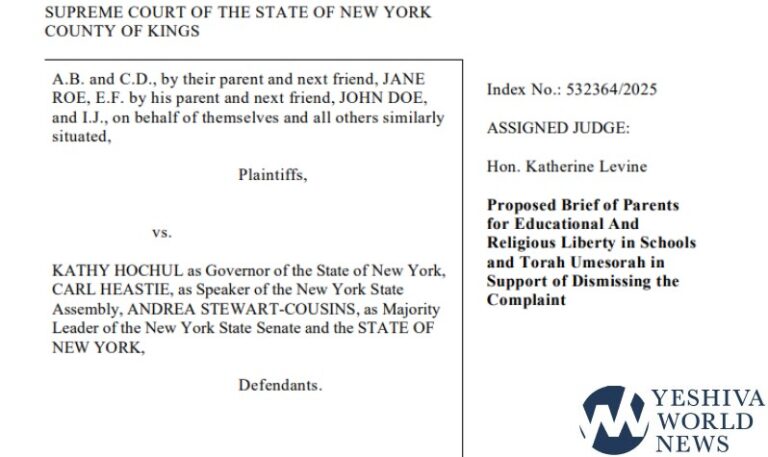The Knesset’s Foreign Affairs and Defense Committee on Thursday distributed to committee members the updated draft of the Chareidi conscription law, which includes a series of stricter measures added at the request of the legal advisers.
Committee chairman MK Boaz Bismuth said, “This is it—we are moving forward with a balanced, responsible conscription law that is good for Am Yisrael. This law is not here to stabilize a coalition; it is here to stabilize a state.”
The stated goal of the law is to “regulate the status of full-time bnei yeshivos while recognizing the importance of limmud Torah.”
The first year of the law will be shortened from the date of legislation until June 30, 2026, regardless of the final approval date. The significance is that the next target—5,760 Chareidi recruits—will apply already in roughly half a year. The second year’s target is 6,840, the third year 7,920, the fourth year not less than 8,500, and from the fifth year onward, the target will be 50% of every annual draft cohort of graduates of the Chareidi educational system.
If the targets aren’t met, state funding for yeshivos serving “draft-evaders” will be reduced. The cuts may gradually reach as much as 80%, leaving only 20% of the original support.
In addition, civilian service has been restricted to security-related agencies only: the Israel Police, the Prison Service, the Shin Bet, and the Mossad (and not services such as United Hatzalah or ZAKA).
The bill also outlines the imposition of personal sanctions already in the first year: denial of academic scholarships for anyone who does not meet the law’s requirements, the suspension of driver’s licenses, and restrictions from leaving the country. The sanctions will apply until recruits reach the age of 26.
The law also changed the composition of the oversight committee overseeing the implementation of the law; the military rabbi will be replaced by a lieutenant colonel from the IDF’s Personnel Directorate.
The new draft also includes additional changes: cancellation of the fixed target for combat soldiers, a narrower definition of the term “Chareidi” for calculating targets (two years in a yeshiva), and precise restrictions regarding sanctions. Driver’s licenses will be revoked only for new draft evaders, and the ban on leaving the country will be limited to age 23 and under.
If enlistment targets fail to be met for three consecutive draft cycles, the law automatically expires within one year.
Discussions on the draft will begin next week and are expected to be among the most contentious in recent years.
The heads of the Chareidi parties have refused to commit to voting in favor of the law before the committee discussions are completed and the final draft is presented to Gedolei Yisrael.
(YWN Israel Desk—Jerusalem)












4 Responses
Yeah I don’t see the court going for this, only every soul of the Jewish Nation will appease them
“Committee chairman MK Boaz Bismuth said, “This is it—we are moving forward with a balanced, responsible conscription law that is good for Am Yisrael. This law is not here to stabilize a coalition; it is here to stabilize a state.””
“Am Yisrael” here means the Zionist pseudo-nation, not its actual meaning of the Jewish people.
Actually, to quote another blog:
“… its target goals are absolutely minimal, it allows for only 75% of these already minimal targets to be met without incurring penalties (which makes the target number meaningless), it accepts minimal non-army volunteering towards its numbers, it does not require any charedim to serve in the desperately needed combat roles, it broadens the definition of charedi to include people who are not charedi, it delays sanctions for non-compliance by a year and a half, it has charedim sitting on the committees for exemptions and sanctions, it cancels the last two years of call-up orders retroactively, etc., etc.”
And why is the drafting of haredim needed?
“It’s been over two years of war, with nearly a thousand soldiers killed, over twenty thousand injured, a new realization that Israel needs a much larger army than previously assumed, a crushing burden on reservists that has destroyed careers and health and families, announcements that reserve duty will permanently go up to a minimum of over two months annually, and still a desperate IDF manpower shortage. Meanwhile, there are 80,000 charedim of draft age who are either learning in yeshiva, working, or just hanging around the streets.”
@shlomo
We Jews live in eretz yisrael for hundreds of years
We are happy all over the world where we are also between our Arabs brothers
Now the Zionism decided to create a nation on there own an fight with their neighbors
We never agreed to that so we are perfectly fine with a Palestinian or whatever government it should be that won’t needs us in the army
You guys created a problem than you cry why chareidim don’t serve
Get out of here go to Africa to own a nation God didn’t take us out of the gulis